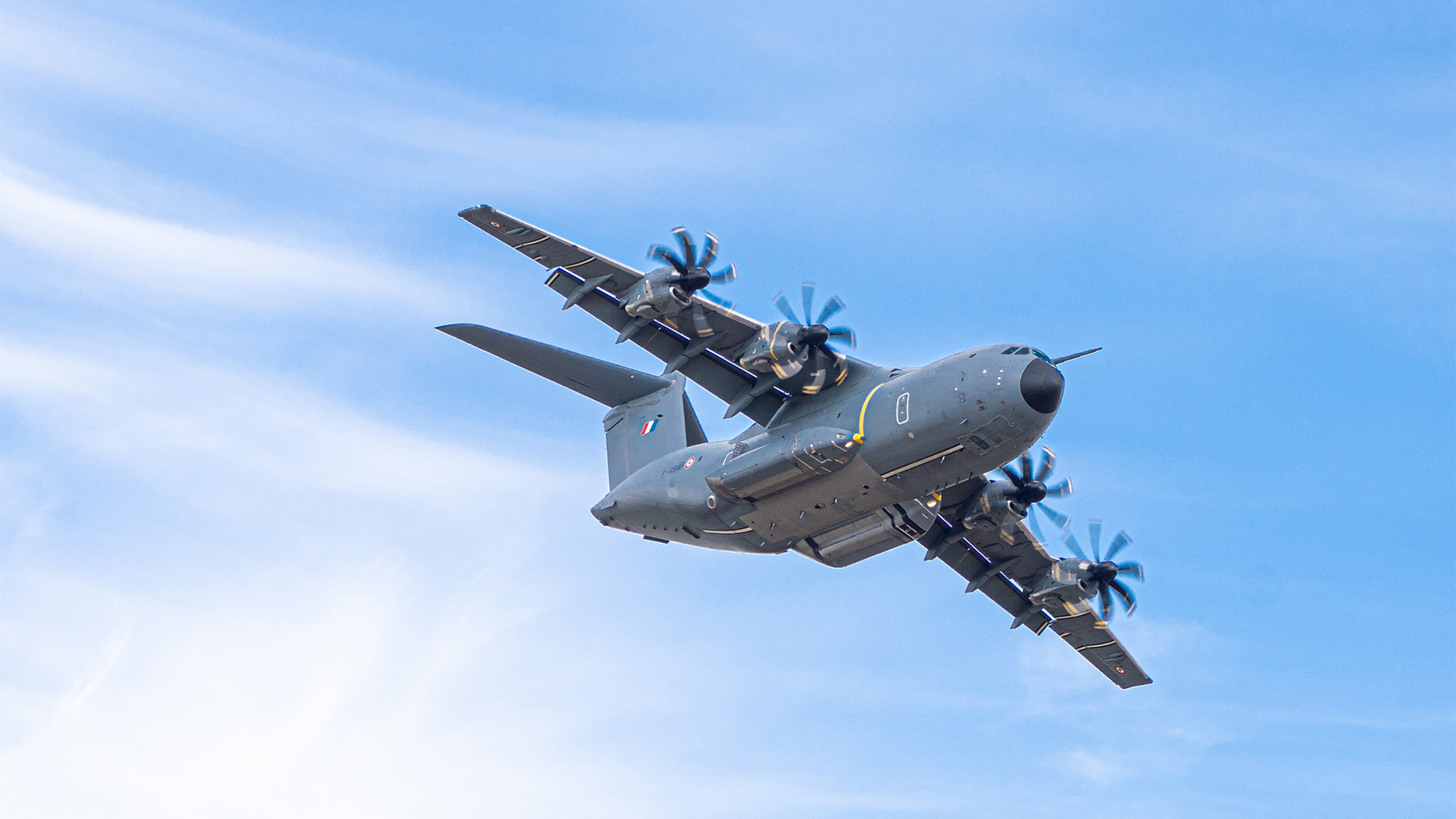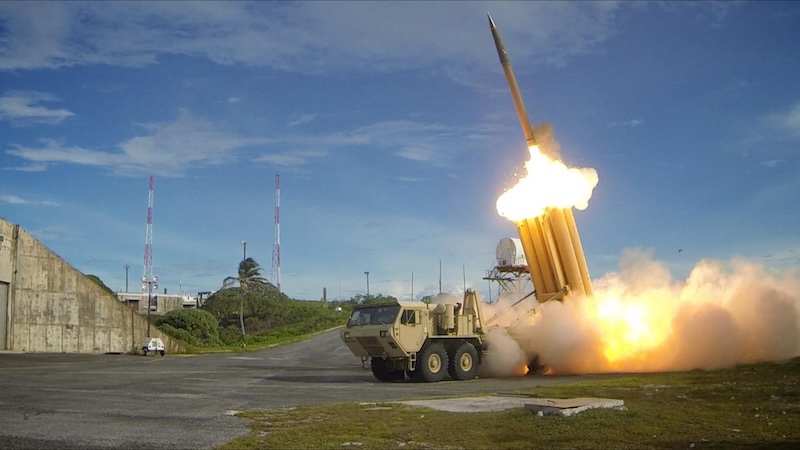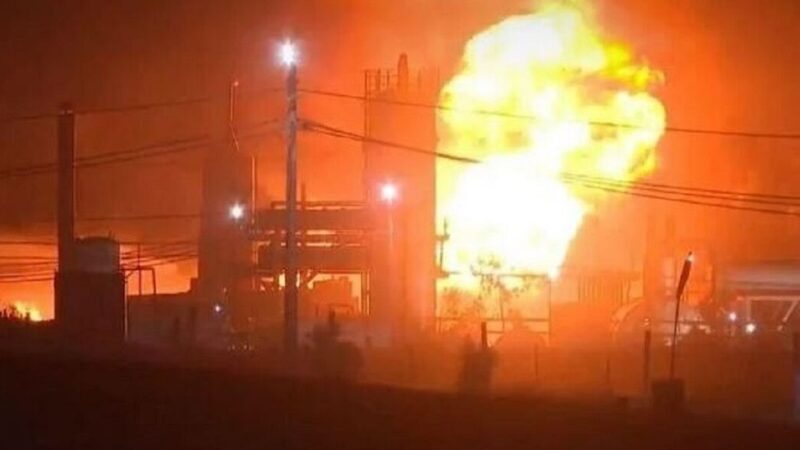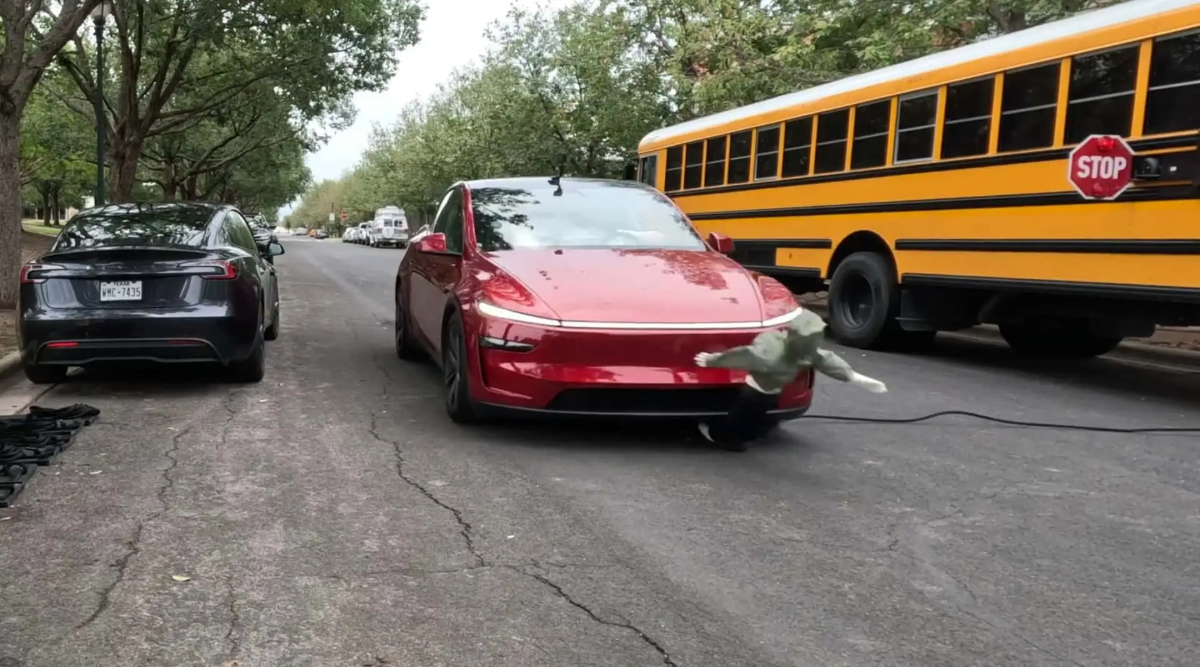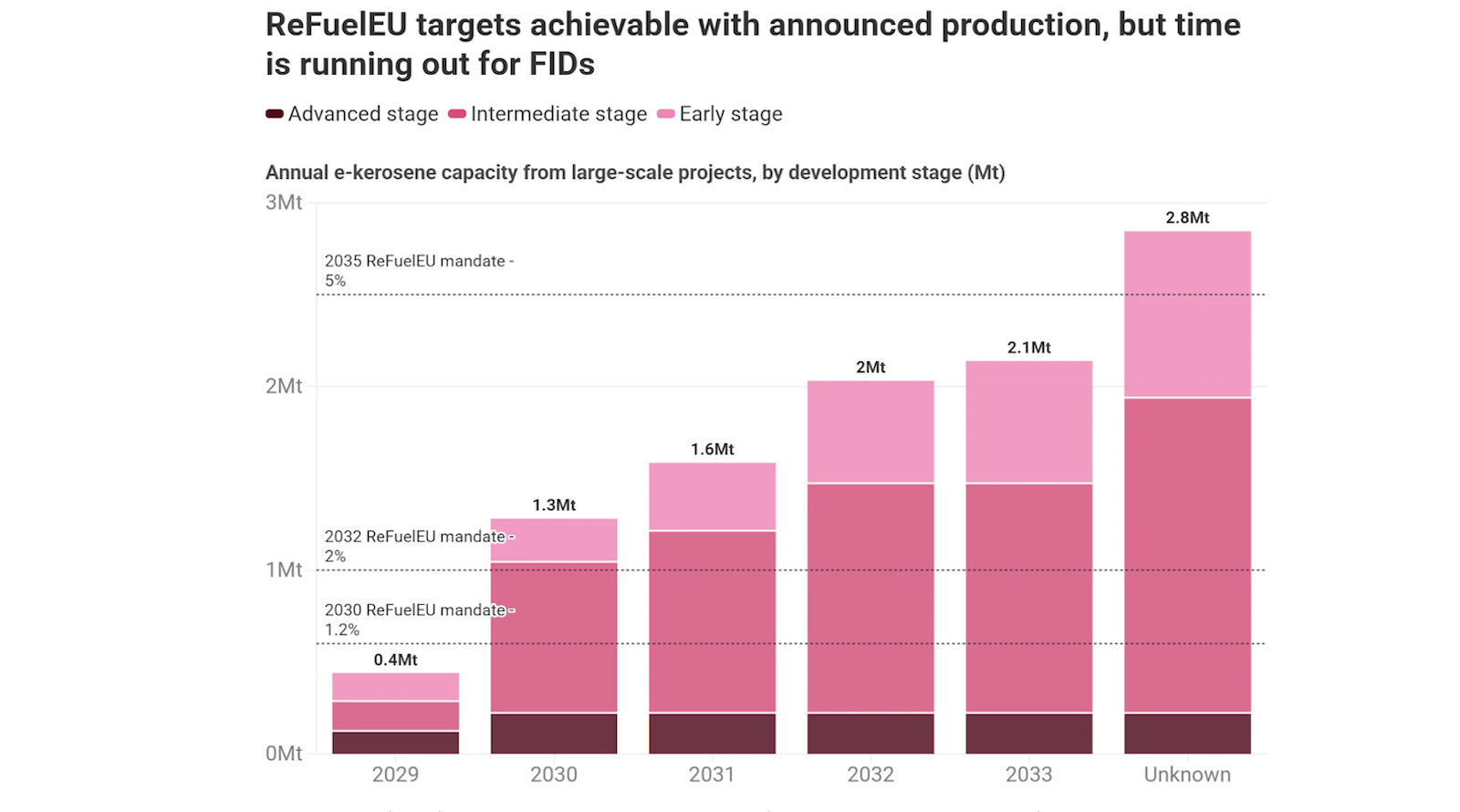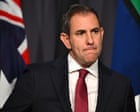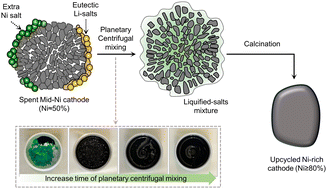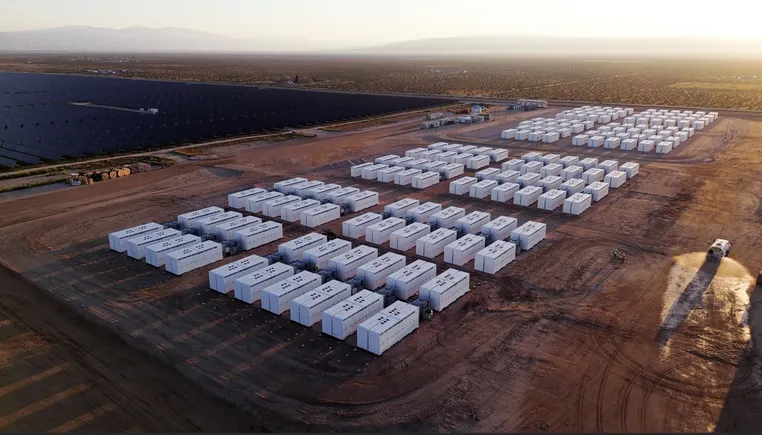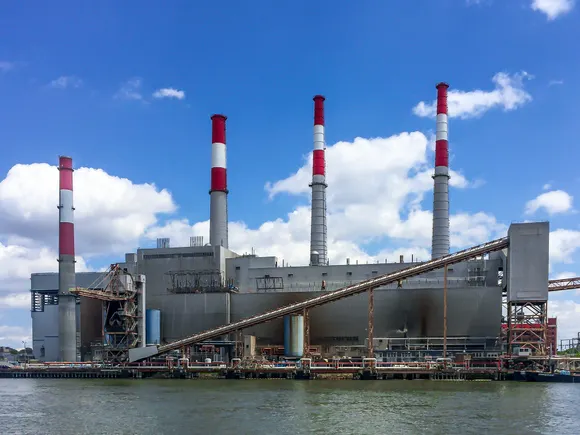Spat over Europe’s next-gen fighter program spills over at Paris Air Show
Public bickering between France and Germany doesn’t bode well for the continent’s efforts to build up military capability.

Germany’s Airbus and France’s Dassault Aviation are working alongside Spain’s Indra Sistemas to build a sixth-gen fighter jet called Future Combat Air System, or FCAS, but Airbus and Dassault have run into problems over how to share the work, creating a tough environment, Jean-Brice Dumont, head of air power at Airbus, told reporters Tuesday at the Paris Air Show.
While Dassault, which builds the Rafale jet, is the prime contractor of the New Generation Fighter, or NGF (the main aspect of FCAS), Airbus represents Germany and Spain, meaning Airbus carries two-thirds of the vote—a set-up Dassault dislikes.
“We don't challenge that there is an appointed leader for the fighter program. That leader is Dassault,” but “we have to claim that there is an even share corresponding to the share of our governments that doesn't have to become toxic in the program,” Airbus’s Dumont said.
Dumont’s statement follows recent comments from Dassault CEO Eric Trappier that the French company should lead the effort. Trappier also opened the door to the company pulling out of the program completely, according to Bloomberg, and suggested that equally shared work would result in worse technology.
The strain and possible delay of the program is not a positive sign for Europe as it tries to bolster its military capabilities and boost defense budgets to prepare for potential aggression from Russia and the U.S. possibly withdrawing forces from Europe.
Dumont compared the situation to two competitors having to “marry,” which creates a “natural paradox” because each entity wants to protect its intellectual property.
“We are today married with BAE and Leonardo in the Eurofighter program. Tomorrow with Dassault, and the transition from one to the other isn't an easy transition when we have to protect our IP and tomorrow we will have to share everything, and I believe that's one of the sources of tensions in this program,” Dumont said.
However, Airbus maintained that the program is still possible with “smart workshare” and “proper rules of engagement.”
For now, the program isn’t stopping, but the companies are figuring out how to execute differently to meet its schedule, Dumont said.
Europe is also working on a sixth-generation fighter jet program called Global Combat Air Programme, or GCAP. That program, sponsored by the U.K., Italy, and Japan, seems to be making more progress than FCAS, with a new design rolled out last year during the Farnborough Air Show.
GCAP is slated to come online around 2035, while FCAS has slipped from 2040 to 2045, or later.
Meanwhile, the U.S. is blazing ahead with its sixth-gen F-47, which is set to enter service before 2029. During the rollout, Trump entertained the idea of an exportable version of the Boeing jet, but it remains to be seen whether Congress could prohibit exports, or whether other countries would want to buy it.
“Certain allies we’ll be selling them, perhaps toned-down versions. We like to tone them down about 10 percent which probably makes sense, because someday, maybe they're not our allies,” Trump said in March. ]]>







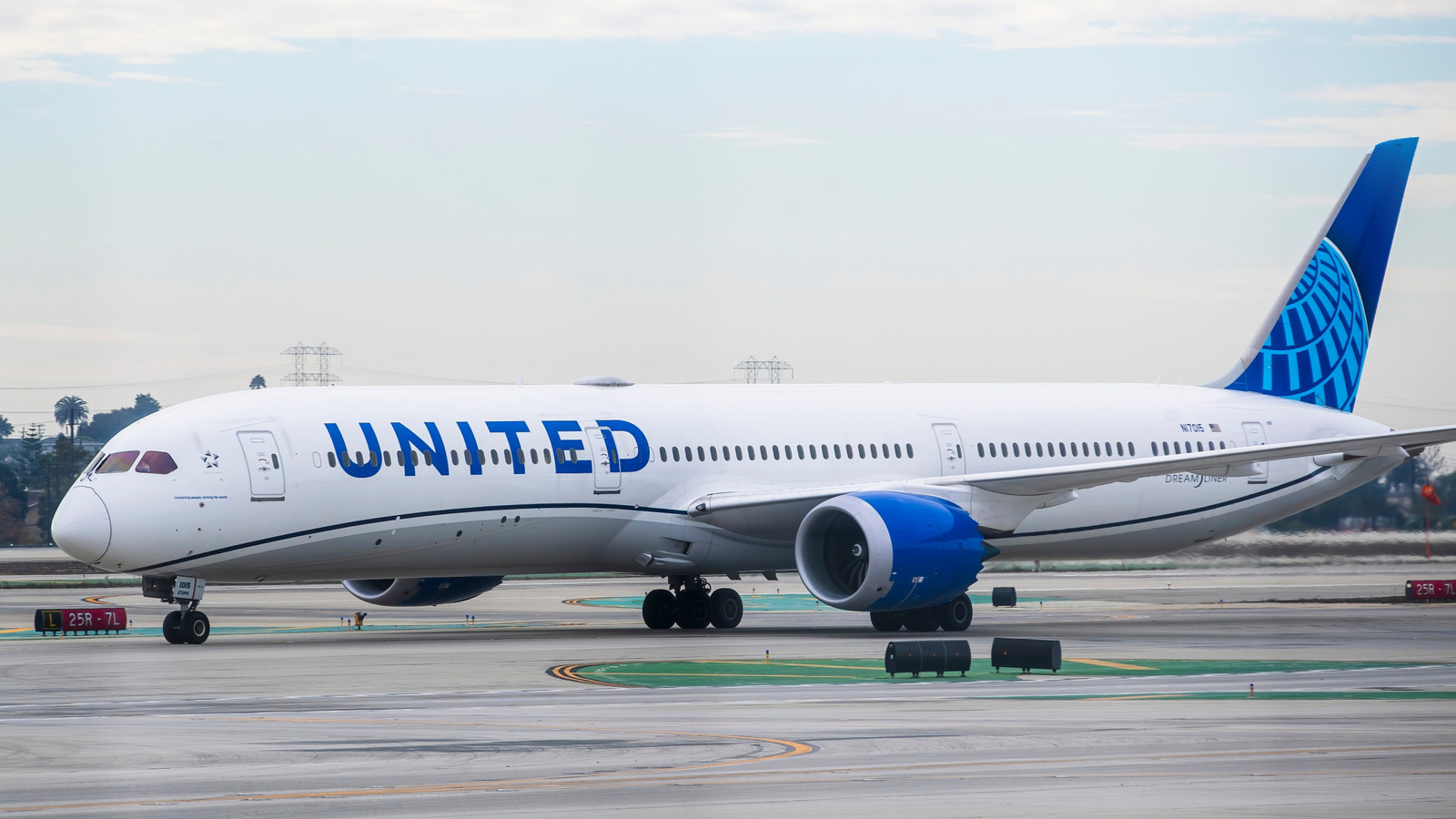




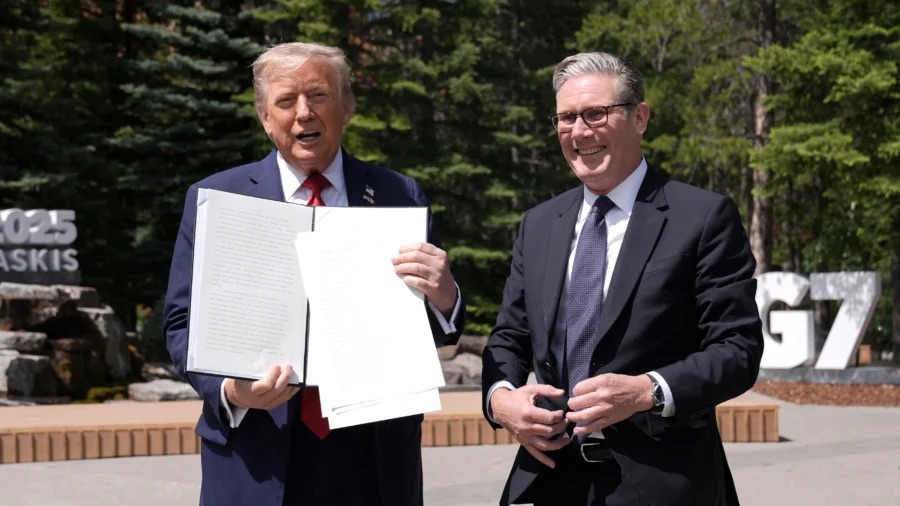









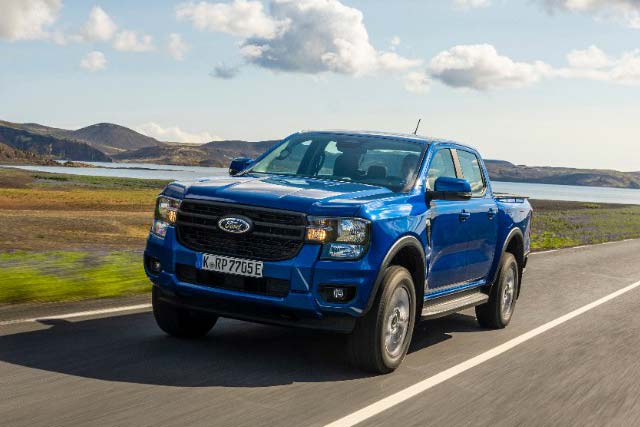

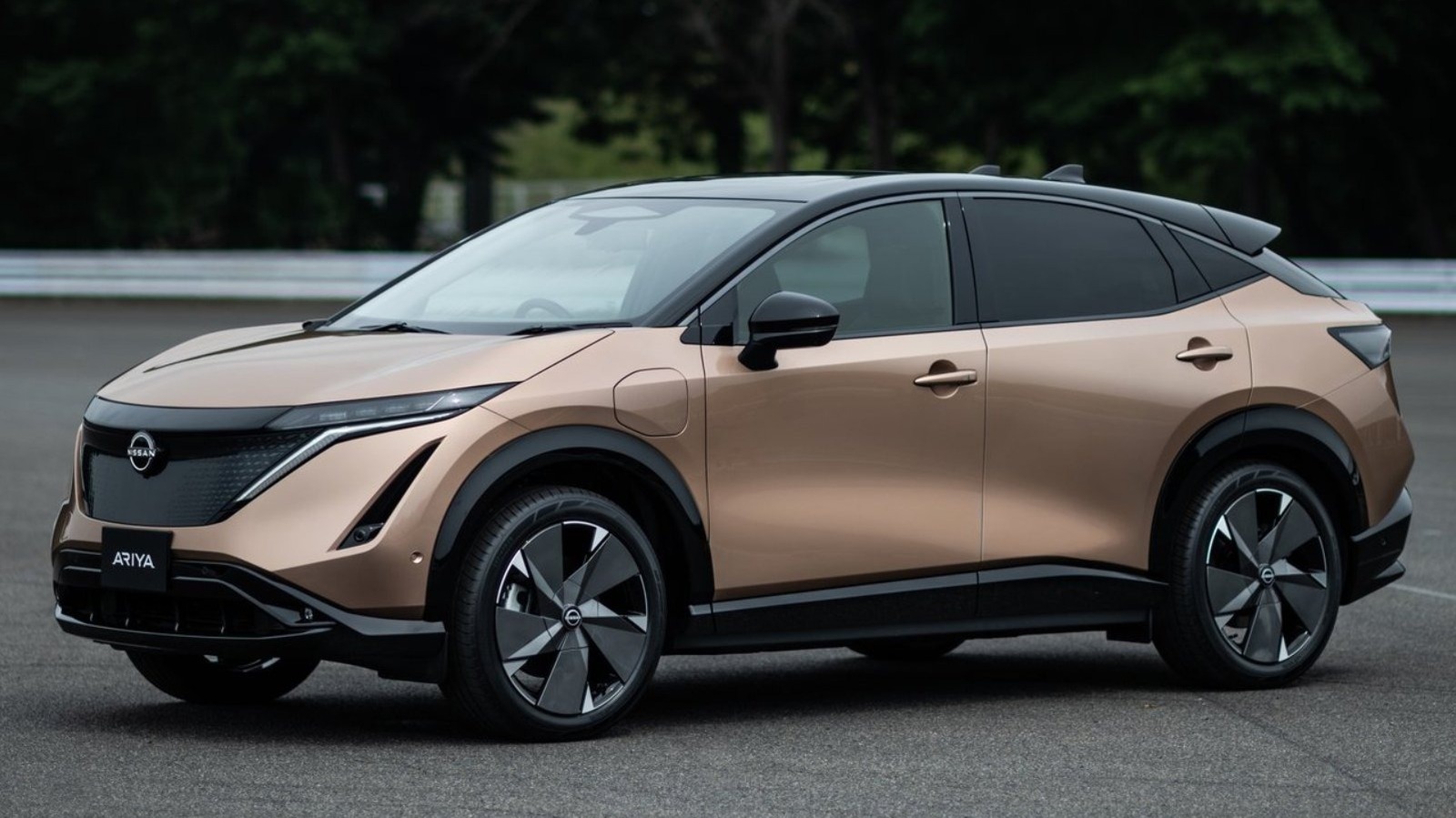
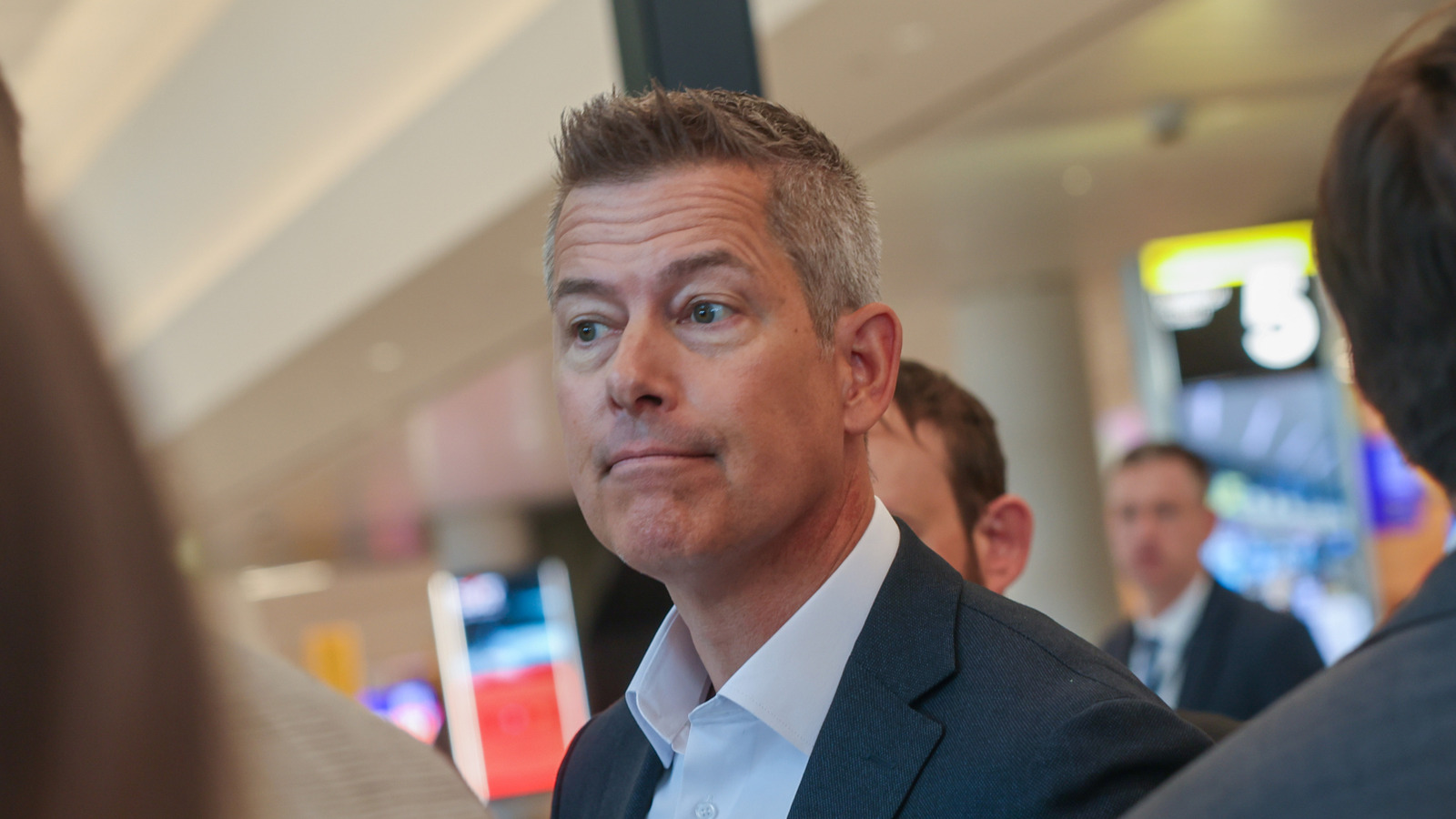




























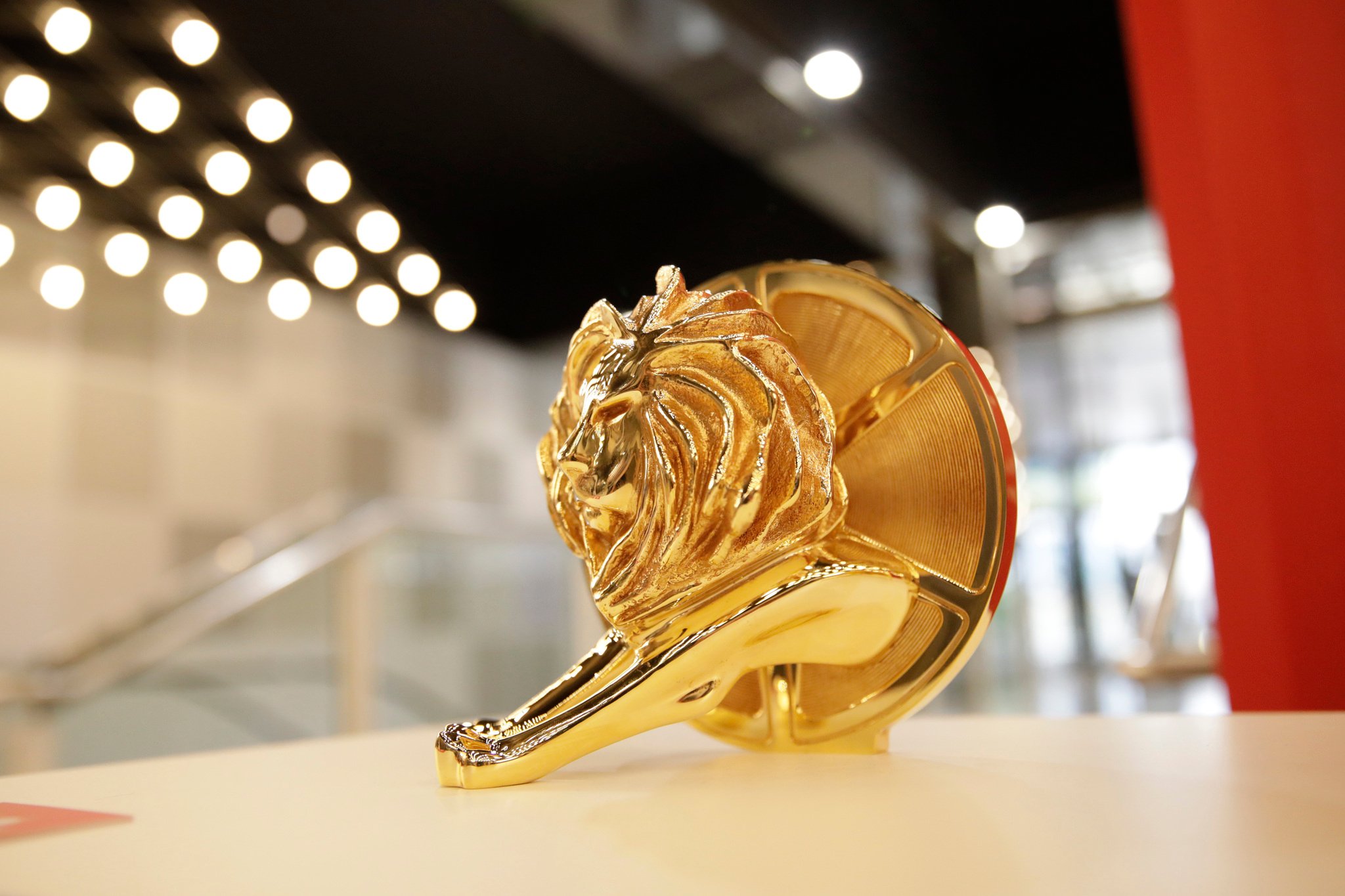
























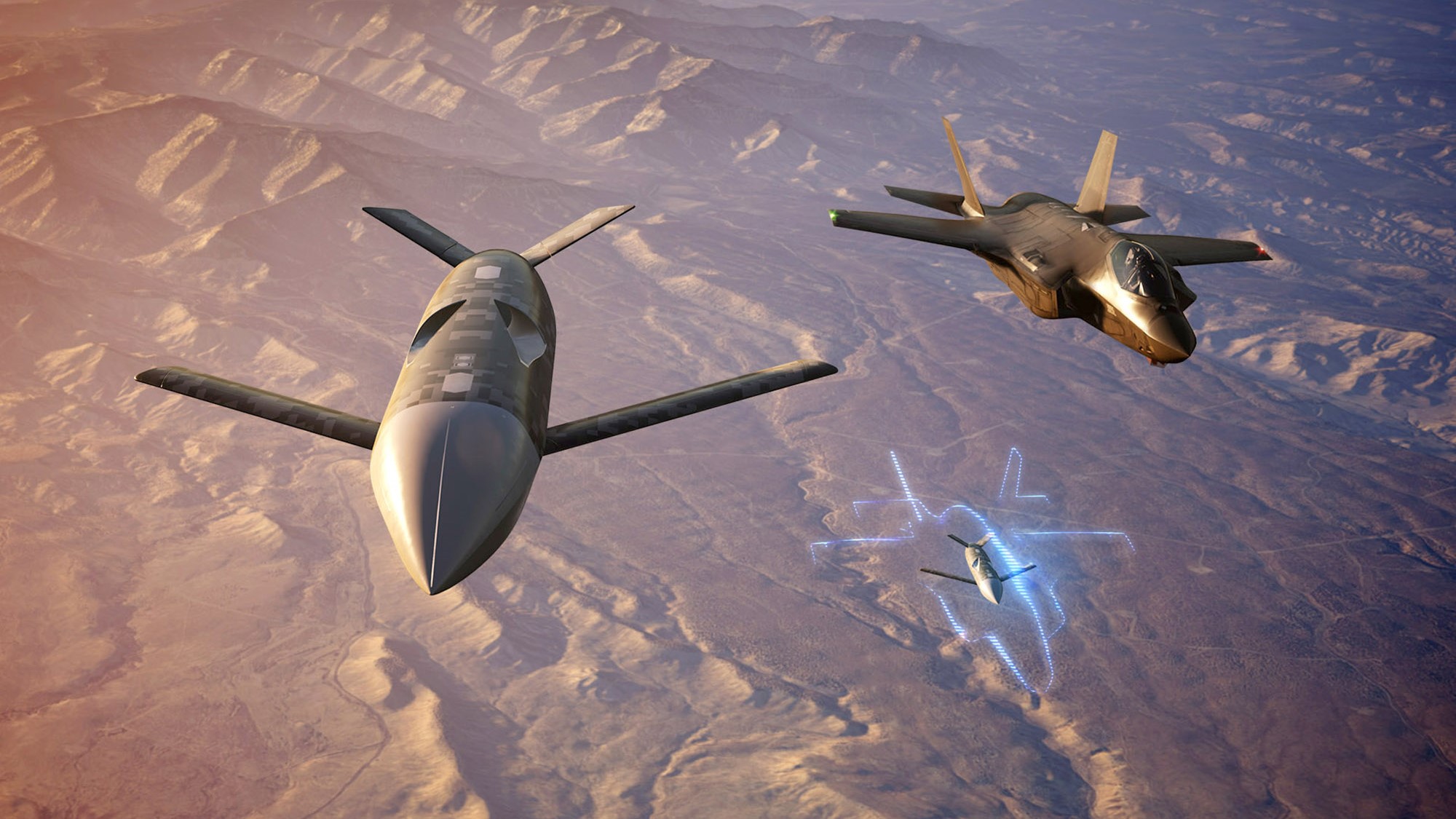

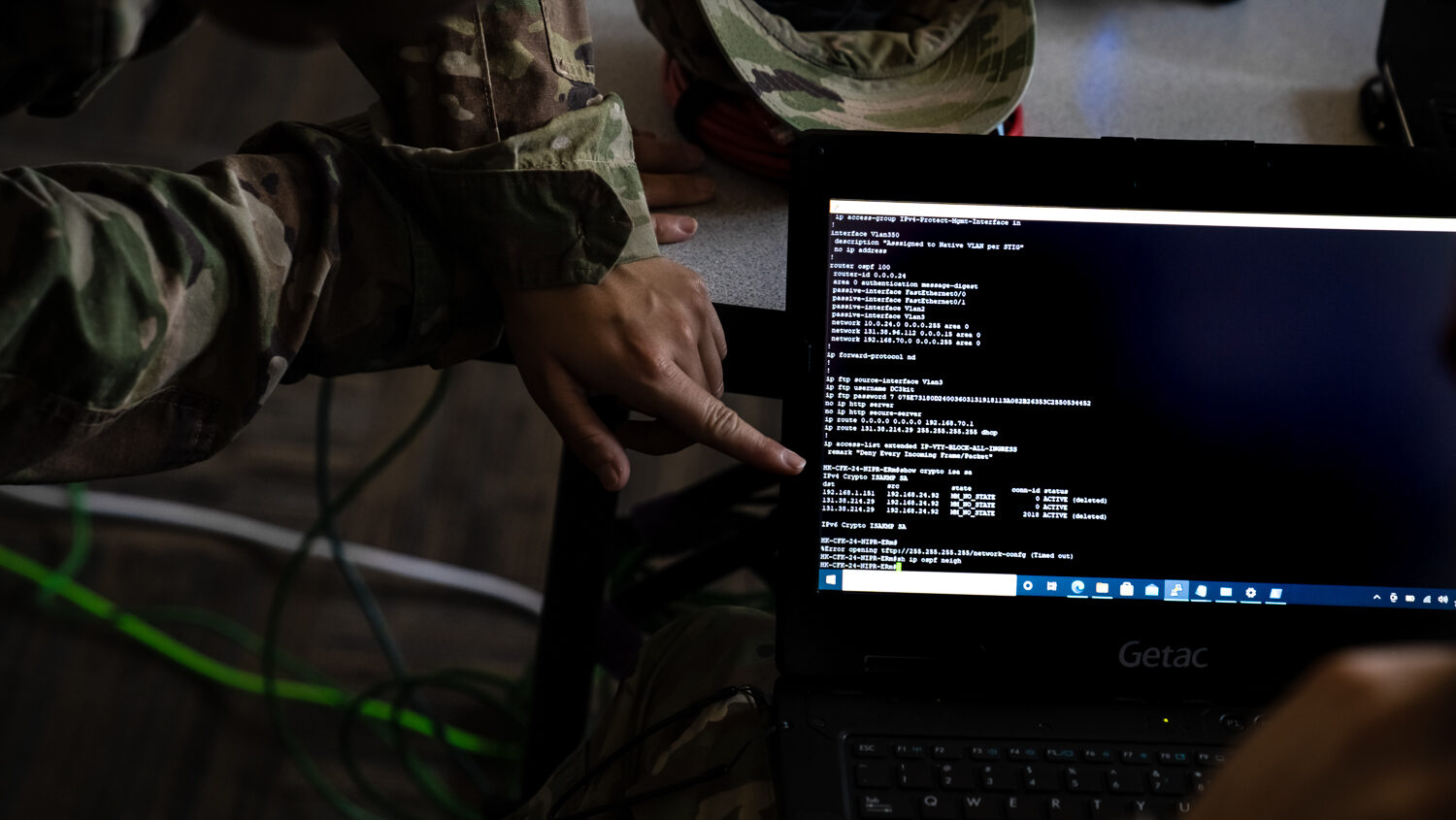
![The sights of the Paris Air Show Day 2 [Photos]](https://breakingdefense.com/wp-content/uploads/sites/3/2025/06/IMG_1837-scaled-e1750181568851.jpg?#)
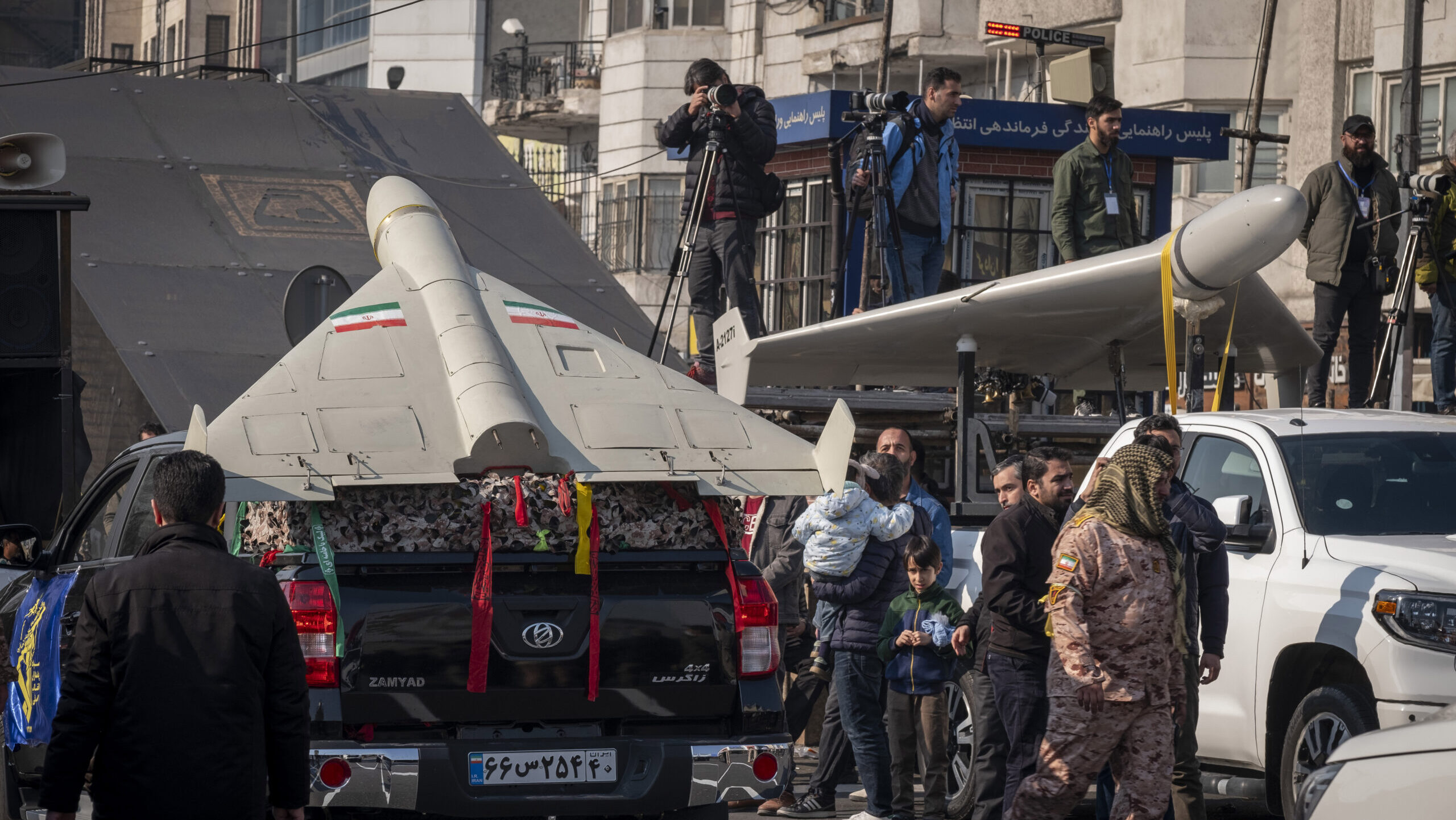
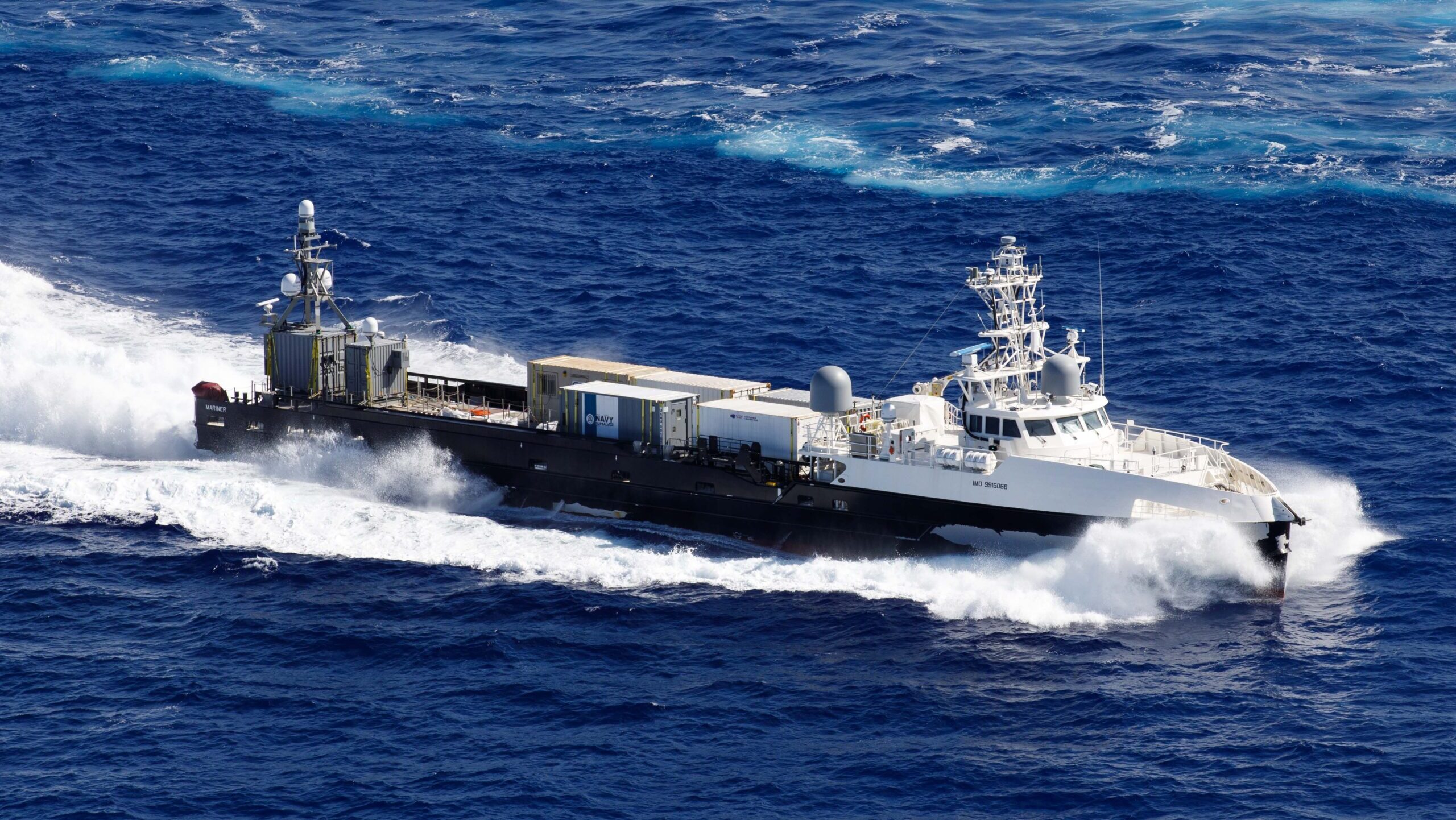










![[Updated] U.S. Air Force Mobilizes F-22s and F-35s as Situation in Middle East Escalates](https://theaviationist.com/wp-content/uploads/2025/06/F-22_F-35_CENTCOM-top.jpg)
